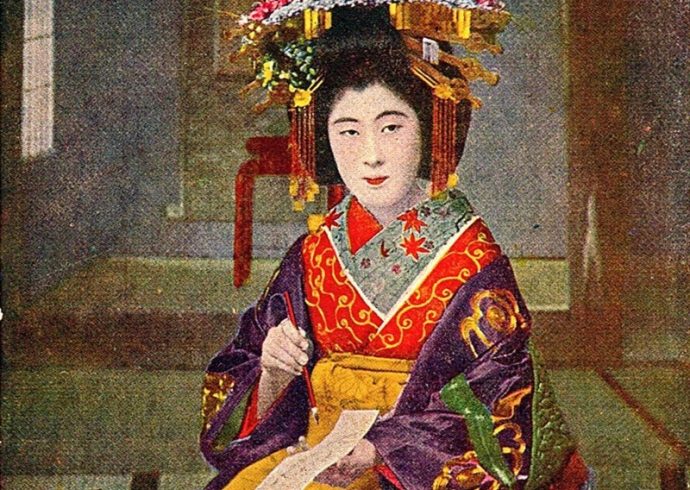
Chinese Culture: The Feast of Excited Insects
On March 5 each year in Korea and China, people celebrate the Feast of Excited Insects. This celebration is a sign of the coming spring season, when the insects first awaken from their wintertime slumber. Everyone first notices the insects come forth from the woodpiles, rocks, and any other place where they might live. The insects can of course also enter the house, if they find it to their liking. Since most people do not care to have the insects in their home, they will thoroughly clean their houses to eliminate all dust, dirt, cobwebs, and the like so the insects do not move in with them.
People living in north China have the practice of placing blocks of ice upon dung heaps to stall the insects from ravaging their homes. There is the belief that the Chinese Dragon will call the insects forth to life from their sleep. The Dragon, in China, is a scared symbol believed to have the power to control the cycles of life, and is thus highly revered. During the spring time, homes may have the symbol of the dragon in the form of a statue, particularly one made of jade, or a painting of a dragon. In addition to being able to move the insects from their sleep, the Dragon also is capable of influencing the waters on earth, which also come to life after being frozen over from the winter time. Insects that are seen to come alive tell the farmers it is time to start planting the early harvest of rice as well as any fruits and vegetables that form part of the Chinese farmer’s crops.
In the southern part of China on the Feast of Excited Insects, women make paper images of the white tiger and display the image in a visible part of the house. The tiger is a symbol of good luck, keeping away noxious creatures at bay such as rats, snakes, and spiders. The white tiger also symbolizes harmony in the home, bringing peace for the spring season and new year ahead.
In Korea, farmers start to till their land for crops as soon as they insects coming out of hibernation. Korean families will also bring flowers to the graves of ancestors and give thanks to the gods for a fruitful spring season and good luck in their homes.
Both Korea and China still observe this holiday, especially in agrarian, rural areas that tend to keep closer to the cycles of the seasons. Watching the insects come to life at the start of spring must be exciting, for it allows people to look forward to a prosperous growing season.
Image Credit: Ken Billington, CC BY-SA 3.0, via Wikimedia Commons.


